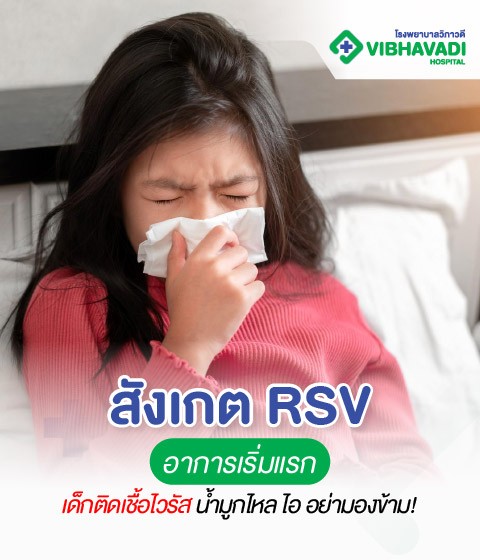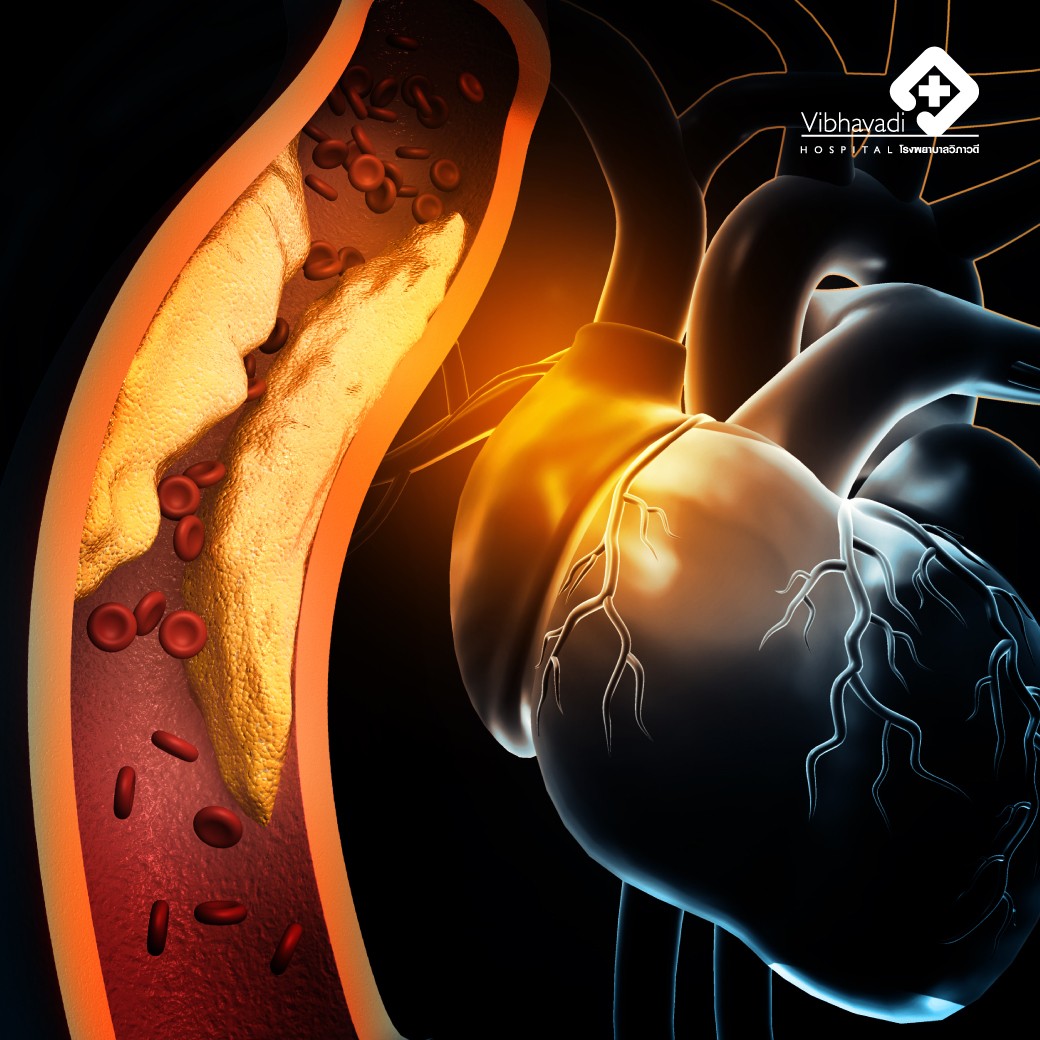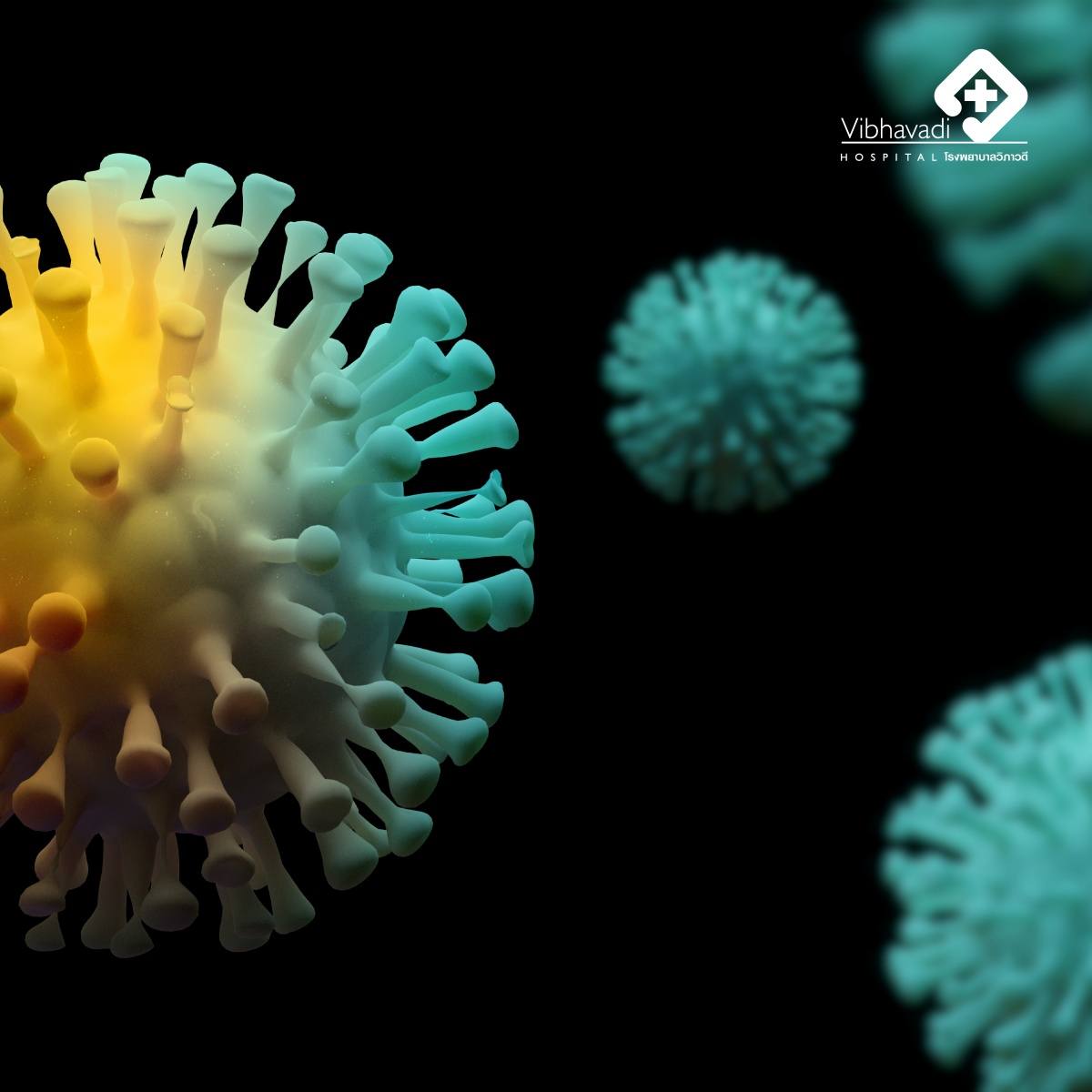Ammonia Exposure
Ammonia is a widely used chemical compound with a strong, pungent smell that is commonly found in industrial, agricultural, and household products. While ammonia plays an essential role in manufacturing and cleaning, it poses serious health risks when individuals are exposed to high concentrations. Whether inhaled or absorbed through the skin, ammonia can lead to symptoms ranging from mild irritation to life-threatening respiratory complications.
Understanding the dangers of ammonia exposure is essential for protecting health and ensuring prompt treatment. At Vibhavadi Hospital, our medical specialists are equipped with the expertise and diagnostic tools to assess and treat symptoms caused by ammonia exposure, providing timely and effective care for patients.
What Is Ammonia?
Ammonia (NH₃) is a colorless gas composed of nitrogen and hydrogen. It occurs naturally in the environment but is also produced in large quantities for use in fertilizers, cleaning agents, refrigeration systems, and industrial processes. In its concentrated form, ammonia is corrosive and toxic, making it a potential hazard to human health, especially in workplaces or enclosed spaces where ventilation is limited.
When released into the air, ammonia quickly dissolves in water vapor to form ammonium hydroxide, a strong irritant that affects the eyes, skin, and mucous membranes.
Health Effects of Ammonia Exposure
The severity of health effects from ammonia exposure depends on several factors, including the concentration of the chemical, duration of exposure, and individual sensitivity.
Short-term exposure symptoms may include:
-
Eye irritation, redness, or burning sensation
-
Nose and throat irritation
-
Coughing and wheezing
-
Shortness of breath
-
Skin redness or chemical burns
-
Nausea or headache
High-level or prolonged exposure can lead to:
-
Bronchial or lung inflammation
-
Pulmonary edema (fluid in the lungs)
-
Severe chemical burns on the skin or mucous membranes
-
Throat swelling or airway constriction
-
Loss of consciousness in extreme cases
Children, the elderly, and individuals with respiratory conditions such as asthma are more susceptible to the effects of ammonia exposure.
Common Sources of Ammonia Exposure
Ammonia exposure can occur in both occupational and domestic settings. Common sources include:
-
Industrial use: Factories producing fertilizers, plastics, explosives, or textiles
-
Agricultural environments: Use of ammonia-based fertilizers or animal waste in confined farming operations
-
Household cleaning: Products containing ammonia used in kitchens, bathrooms, and glass cleaning
-
Refrigeration systems: Older or industrial refrigeration units that use ammonia as a coolant
-
Accidental spills or leaks: During transport, storage, or improper use
Inhalation is the most common route of exposure, especially in enclosed or poorly ventilated areas.
First Aid and Emergency Response
If you or someone nearby is exposed to ammonia, it’s crucial to act quickly to minimize health risks. First aid recommendations include:
-
Move to fresh air immediately if ammonia gas is inhaled.
-
Flush eyes with water for at least 15 minutes if ammonia comes into contact with the eyes.
-
Remove contaminated clothing and rinse the skin thoroughly with water if contact occurs.
-
Avoid rubbing the affected area as it may increase irritation.
-
Seek immediate medical attention for persistent symptoms, difficulty breathing, or chemical burns.
At Vibhavadi Hospital, emergency and toxicology services are available 24/7 to evaluate and stabilize patients with chemical exposure injuries.
How Ammonia Affects the Body
When inhaled, ammonia rapidly interacts with moisture in the respiratory tract, forming ammonium hydroxide, which can damage tissues. This causes inflammation and increases the risk of airway constriction, especially in the upper respiratory system.
Contact with the eyes or skin causes similar irritation and corrosive injury. In large exposures, the body’s ability to transport oxygen may be impaired, and the lungs may begin to fill with fluid, leading to serious breathing difficulties.
People with pre-existing respiratory conditions are at heightened risk of complications, as their airways are more sensitive to chemical irritants.
Diagnosis and Evaluation at Vibhavadi Hospital
Prompt and accurate diagnosis is essential for determining the extent of injury and providing appropriate treatment. At Vibhavadi Hospital, our experienced physicians follow a comprehensive approach that includes:
-
Detailed patient history and exposure timeline
-
Physical examination focused on respiratory and skin symptoms
-
Vital sign monitoring for oxygen saturation and respiratory rate
-
Pulmonary function tests to assess lung capacity
-
Chest X-ray or CT scan to detect fluid in the lungs or inflammation
-
Blood gas analysis to measure oxygen levels and pH balance
-
Toxicology screening if chemical levels need to be identified
These evaluations help determine whether the exposure is mild, moderate, or severe, allowing for tailored treatment and monitoring.
Treatment Options for Ammonia Exposure
Treatment depends on the severity of symptoms and organs affected. At Vibhavadi Hospital, we offer multidisciplinary care through departments such as emergency medicine, pulmonology, dermatology, and intensive care.
For mild to moderate exposure:
-
Oxygen therapy to support breathing
-
Eye and skin irrigation with saline or clean water
-
Anti-inflammatory medications to reduce swelling
-
Nebulizer treatments for airway irritation
-
Antihistamines or bronchodilators for mild bronchospasm
For severe cases:
-
Hospital admission for observation and oxygen saturation monitoring
-
Intubation or mechanical ventilation if airway obstruction is present
-
Intravenous fluids to stabilize blood pressure and circulation
-
Antibiotics if secondary infection occurs
-
Intensive care monitoring for patients with pulmonary edema or chemical burns
Early intervention reduces the risk of long-term damage and improves the patient’s recovery outcomes.
Preventing Ammonia Exposure
Prevention is key, especially in workplaces or households where ammonia is frequently used. The following strategies can help minimize risks:
-
Use protective equipment such as gloves, goggles, and respirators when handling ammonia-containing products
-
Ensure proper ventilation in rooms where cleaning or chemical mixing occurs
-
Store ammonia safely in clearly labeled containers, away from children or heat sources
-
Avoid mixing ammonia with bleach as it produces highly toxic chloramine gas
-
Install gas detectors in industrial settings where ammonia is present
-
Follow occupational safety guidelines and undergo regular training for chemical handling
Workplaces should also implement regular safety drills and emergency response plans.
Long-Term Health Monitoring and Support
Some individuals may experience lingering symptoms such as chronic cough, breathing difficulties, or skin sensitivity after high-level exposure. At Vibhavadi Hospital, we offer long-term care and monitoring that includes:
-
Pulmonary rehabilitation and respiratory therapy
-
Follow-up imaging to assess lung healing
-
Dermatology consultations for skin recovery
-
Allergy testing to determine chemical sensitivity
-
Psychological support for patients affected by chemical trauma
Our goal is to help patients recover fully and avoid future incidents through education and support.
Related Services at Vibhavadi Hospital
To ensure comprehensive care for individuals exposed to ammonia or other toxic substances, Vibhavadi Hospital offers the following services:
-
Emergency and Acute Care Services
-
Pulmonology and Respiratory Medicine
-
Skin and Allergy Clinic
-
Diagnostic Imaging (X-ray, CT Scan)
-
Occupational Health Consultation
-
Toxicology and Poison Control Assessment
-
Respiratory Therapy and Rehabilitation Programs
Our specialists provide patient-focused, evidence-based care that addresses both immediate and long-term health concerns.
Frequently Asked Questions (FAQ)
1. What should I do if I accidentally inhale ammonia?
Move to fresh air immediately and rinse your eyes and face with water. If symptoms persist, seek medical attention at the nearest hospital.
2. Can ammonia exposure cause permanent damage?
Yes, high-level or prolonged exposure can lead to lasting lung or eye damage, especially without prompt treatment. Early diagnosis and care are crucial.
3. Is it safe to use household cleaners with ammonia?
Yes, but only if used according to instructions. Always use them in a well-ventilated area and avoid mixing with bleach.
4. What kind of doctor should I see for ammonia exposure?
You should consult with emergency physicians initially. For follow-up care, pulmonologists or dermatologists may be involved depending on your symptoms.
5. Does Vibhavadi Hospital provide occupational health services?
Yes, we offer evaluations, health screenings, and treatment for chemical exposures related to the workplace, including employer reports and documentation.
Protect Your Health with Expert Ammonia Exposure Care
Accidental exposure to ammonia can happen in an instant but may leave lasting health consequences. Whether it’s a minor eye irritation or a serious respiratory emergency, Vibhavadi Hospital is fully prepared to provide expert care with rapid diagnosis and tailored treatment.
Don’t delay if you suspect exposure—our team of specialists is here to help you recover safely and protect your health.















